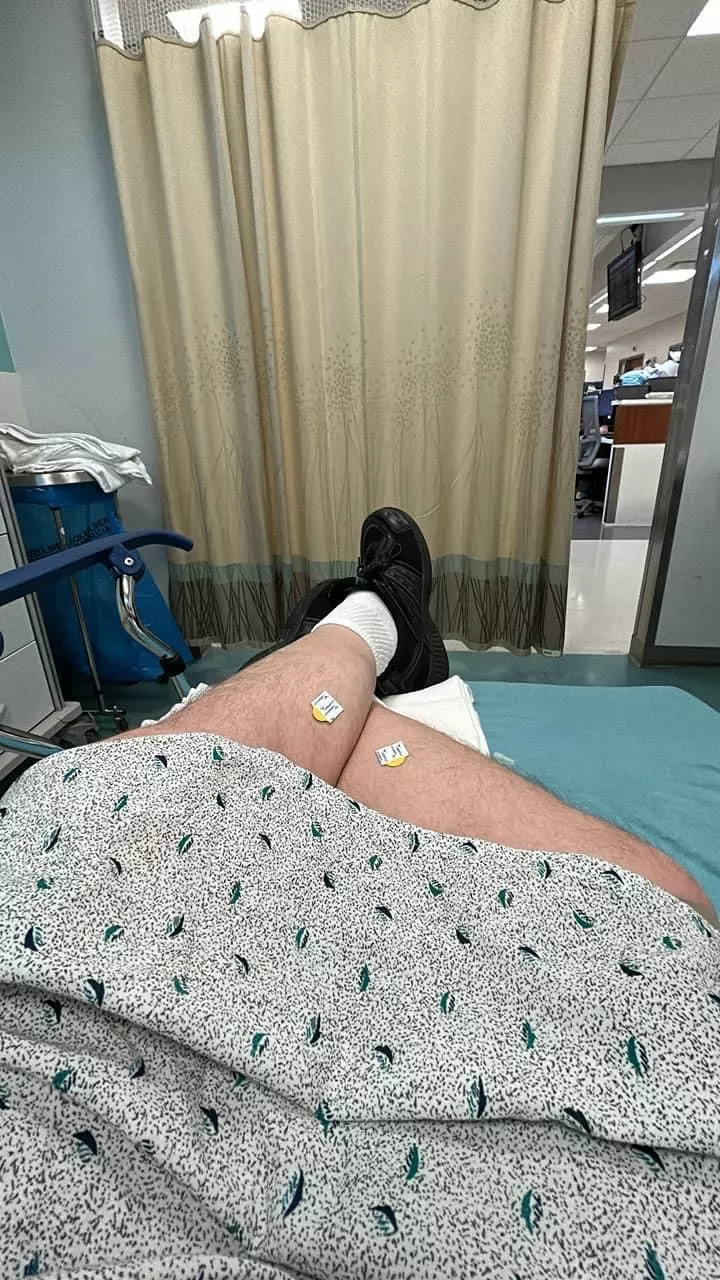Healthcare providers are often seen as the epitome of wellness, the go-to experts for advice on maintaining physical and mental health. They are the ones who diagnose, treat, and guide patients through complex medical journeys, offering compassion and expertise along the way. However, in the midst of caring for others, healthcare providers frequently neglect a crucial aspect of their own well-being: self-care.
The Irony of Healthcare Providers’ Self-Neglect
It might seem ironic that those most knowledgeable about health often struggle to prioritize their own. The nature of their work—long hours, high stress, and the emotional toll of dealing with illness and suffering—makes it challenging for healthcare providers to focus on their own needs. According to a study published in the Journal of the American Medical Association (JAMA), physicians experience burnout at nearly twice the rate of the general population. This burnout can manifest as emotional exhaustion, depersonalization, and a diminished sense of personal accomplishment.
The Consequences of Ignoring Self-Care
When healthcare providers ignore self-care, the consequences can be severe, both for themselves and their patients. Burnout not only affects providers’ mental and physical health but also impacts the quality of care they deliver. Studies have shown that burnout can lead to increased medical errors, reduced empathy, and lower patient satisfaction. In extreme cases, chronic stress and burnout can contribute to serious health issues, such as cardiovascular disease, depression, and substance abuse.
Moreover, the ripple effects of burnout extend beyond the individual provider. A healthcare system where providers are overwhelmed and exhausted can become less efficient, leading to longer wait times, reduced access to care, and higher costs. This creates a cycle where both providers and patients suffer, emphasizing the need for systemic changes that promote provider well-being.
The Importance of Self-Care for Healthcare Providers
Self-care is not a luxury; it is a necessity, especially for those in the demanding field of healthcare. Prioritizing self-care enables healthcare providers to maintain their physical, mental, and emotional health, allowing them to perform their duties more effectively. When providers take care of themselves, they are better equipped to care for others, leading to improved patient outcomes and greater job satisfaction.
Here are some key areas where healthcare providers can focus on self-care:
- Physical Health: Regular exercise, a balanced diet, and sufficient sleep are foundational to overall well-being. Healthcare providers should strive to incorporate these elements into their daily routines, even amidst busy schedules.
- Mental and Emotional Health: Mindfulness practices, such as meditation and deep breathing, can help manage stress and prevent burnout. Seeking support through counseling or peer groups can also provide an outlet for processing the emotional challenges of the job.
- Work-Life Balance: Setting boundaries between work and personal life is crucial. Providers should ensure they have time to recharge, engage in hobbies, and spend time with loved ones.
- Professional Development: Engaging in continuous learning and skill development can renew passion and purpose in one’s career, helping to combat feelings of stagnation and burnout.
Organizational Support for Provider Well-Being
While individual self-care is essential, healthcare organizations also play a critical role in supporting their staff’s well-being. This can include offering wellness programs, providing mental health resources, and creating a culture that encourages work-life balance. Organizations should also be proactive in addressing the systemic issues that contribute to burnout, such as staffing shortages, excessive administrative tasks, and unrealistic performance expectations.
Personal touch
Listen, I get it, I’ve been in EMS since 1991, I tell this story occassionally when I teach, when my daughter was 4, my wife came to me and said, “Honey, we have been talking and we would like to go on a nice vacation and have picked a Disney Cruise”. Ok, happy wife happy life, right? So I looked it up and WOW, so I did what any husband would do, I worked Seven 12hr shifts a week for 1.5 years and paid off that trip. I routinly worked 80hrs a week over multiple full and partime jobs. Now Im over 50, have a bad knee, back issues, and various other medical problems.
But, YOU are the backbone of our medical system, but your ability to care for others hinges on your ability to care for yourself. By prioritizing self-care, you can enhance your own well-being, improve patient care, and create a more sustainable healthcare system. It is time to recognize that self-care is not an indulgence but a critical component of being an effective, compassionate, and resilient healthcare provider!
PLEASE Check out www.distancecme.com/stress

